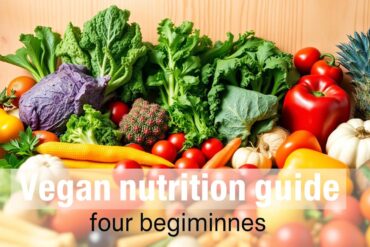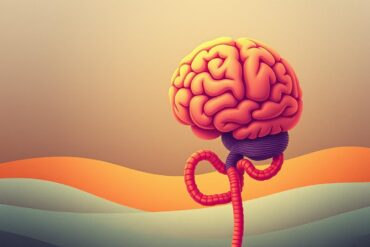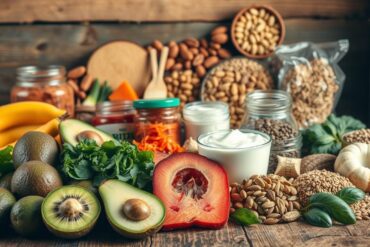Struggling with nutrient gaps on a plant-based diet? Our guide reveals the common deficiencies and how to overcome them.
The Science Behind Plant-Based Nutrition
Discover the science behind plant-based nutrition and how it can benefit your health. Our how-to guide explores the key principles of a plant-based diet.
Vegan Protein Sources: How to Meet Your Needs
Discover how to get enough protein on a vegan diet. Our guide covers top vegan protein sources and tips to meet your daily needs.
Vegan nutrition guide for beginners
Discover the essentials of vegan nutrition for beginners. Our comprehensive guide covers key nutrients, meal planning, and easy recipes.
Unlock the Power of a Plant-Based Diet for Optimal Health
Embrace the power of a plant-based diet and transform your health. Explore the key benefits.
Gut-Brain Connection: Boost Your Mental Wellness
Discover the gut-brain connection and boost your mental wellness with our expert guide.
Enhance Your Gut Microbiome with These Tips
Discover natural ways to boost your gut health and improve your overall well-being. Learn how to enhance your gut microbiome with these practical tips.
Probiotics and Prebiotics: Boosting Gut Health
Discover the role of probiotics and prebiotics in boosting gut health. Our how-to guide explores the benefits and best sources.
Best Foods for Gut Health & Digestion
Optimize your gut and digestion with the best foods. Our how-to article shares the must-have nutrients.
Gut Health 101: Understand the Importance for Wellness
Discover the importance of gut health and how it impacts your overall wellness. Learn simple steps to improve your gut microbiome.









